The views expressed in our content reflect individual perspectives and do not represent the authoritative views of the Baha'i Faith.
Racism is the most challenging issue confronting America… To ignore the problem is to expose the country to physical, moral and spiritual danger. – The Race Unity Statement, National Spiritual Assembly of the Baha’is of the United States.
Born and raised in Chicago and living on the South side makes some people react as if I’m in the worst war zone in the country, while others respond with a head nod, giving me the right of passage for being down for the cause.
Either way, I’m proud to say I’m a Chicagoan and yes, I loved witnessing the Cubs winning the World Series. I actually lived half my life five blocks away from Wrigley Field on the north side, so the team was a huge part of my life. During my teenage years, we moved west, another area the news likes to portray a certain way, and my adult years have been south in Bronzeville.
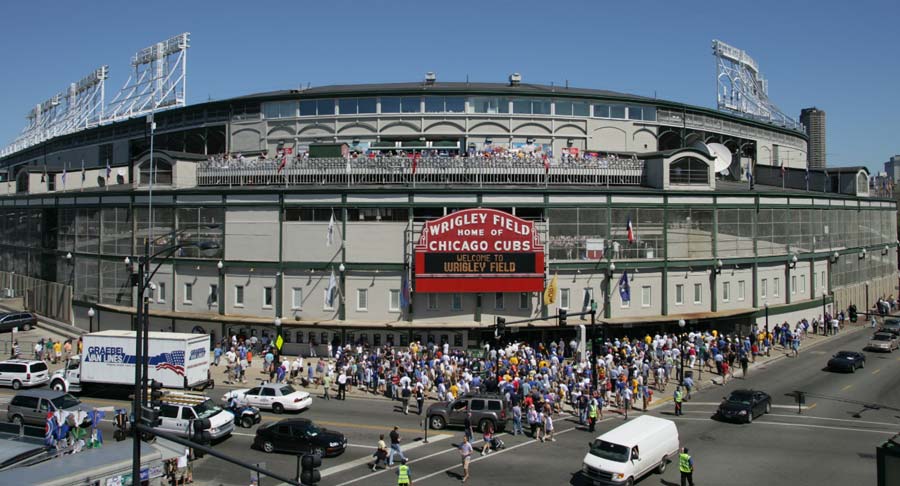
Having the privilege of living in several different neighborhoods allowed for amazing learning about diverse cultures and the great privilege of exposure to the beauty of humanity. Looking through a social justice lens, however, paints a different picture, posing a multitude of questions that tug at my soul and force me to dig deep into my Faith for answers.
Why is everyone so separated, and how did it get this way? Why do some neighborhoods have more access to basic amenities than others? Why, in every arena of the community—education, business, STEM, Health Care, etc.—is there such a huge racial difference between people at the top of the field versus the support staff? And with the recent intense rise of police shootings, violence, and protest, what are we supposed to do to change all of this? Trying to find answers, I turn to many different sources, one of them being the Baha’i Faith—which always gives me hope, insight and direction.
Race unity is one of the major principles of the Baha’i Faith, the first religion to promote interfaith marriages. The quote below was written by a central figure of the Baha’i Faith in 1912, to help Baha’is at that time understand the danger of not addressing this issue that we still face today:
…If the races do not come to an agreement, there can be no question or doubt of bloodshed. When I was in America, I told the white and colored people that it was incumbent upon them to be united or else there would be the shedding of blood. I did not say more than this that they might not be saddened. But, indeed, there is a greater danger than only the shedding of blood. It is the destruction of America. – Abdu’l-Baha, Star of the West, Volume 7, p. 120.
In my house growing up, we didn’t speak much about the danger that racism causes. Instead, my parents focused on the love that we should have and the beauty and importance of diversity. As a child, I memorized these Baha’i quotes:
Ye are the fruits of one tree, and the leaves of one branch. – Baha’u’llah, Gleanings from the Writings of Baha’u’llah, p. 218.
The earth is but one country, and mankind its citizens. – Ibid., p. 250.
The diversity in the human family should be the cause of love and harmony, as it is in music where many different notes blend together in the making of a perfect chord. – Abdu’l-Baha, Paris Talks, p. 53.
Being so young, I didn’t really understand the depths of what was being said, but these short quotes translated to me as “love everyone, because God said it makes things more beautiful.” My parents helped me understand that I should love the person that is most different from me because it makes things whole and complete. If you told me, as a 6-year-old, that racism existed I probably would’ve argued and in my little voice said, “nuh-uh, everyone loves each other.” And prove to you with a song I learned in Sunday school, “Fellowship, fellowship, love, love, unity, all the people are one. Man is the member of just one family, the age of peace has begun!”
As an adult, I see those quotes so differently. I see them as a moral standard that everyone should try to live. If we loved and embraced our differences for the sake of our own development and well-being, we would assure that everyone could live a good life and have everything they needed to be happy and healthy. We would understand that our neighbors’ pain and discomfort manifests in the overall health of the community, city, country and world.

Dr. Martin Luther King Jr.
If we want peace on earth each of us has a significant role to play. Dr. Martin Luther King Jr. said: “Those who love peace must learn to organize as effectively as those who love war.” This is so true! This means budgets, policies, strategic plans, data, maps, equipment, supplies, human capital, and mindset must be all focused on a common goal and align with each other. Our aim should be targeted at every level; individual, community, and institutional. One without the other will be an incomplete plan.
Everyone must work together, not in silos. This movement toward human unity needs to be a consultative process, not a dictatorship. Most importantly, we must open everyone’s hearts and minds to embrace each other as one universal family. Without this step, no policies, structural changes, or strategy will uphold justice. Lastly, the people making the plans, and creating the change need to be a diverse collective that encompasses every voice of every being and creature of humanity.
If you ever find yourself in a situation where everyone thinks the same, looks the same, or has the same demeanor, education, lifestyle, etc.—do your best to bring others into the room. Ask the question: why isn’t everyone represented? No matter how great life is, just remember how much more beautiful music is with diverse notes, and how they blend together in the making of a perfect chord.
You May Also Like
Comments



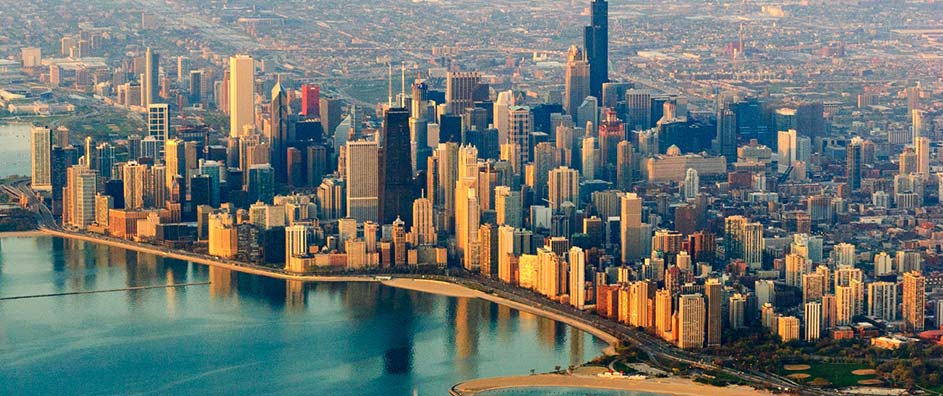
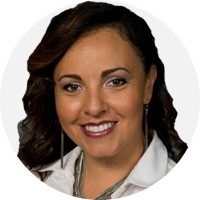
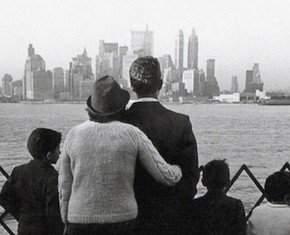
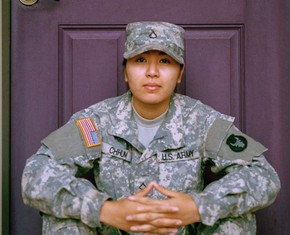
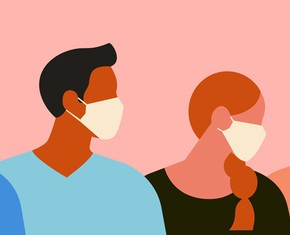









Dr. Turnera Croom
I would venture many of "racist" practices are more poor vs. rich. It's not black and white. Instead it's rich vs. poor thing.
I do appreciate prescriptive statements of how everyone should be equal. But... IMO if you have fewer $$s.....
study showing crime statistics of poor blacks vs. poor whites.
https://www.bjs.gov/index.cfm?ty=pbdetail&iid=5137